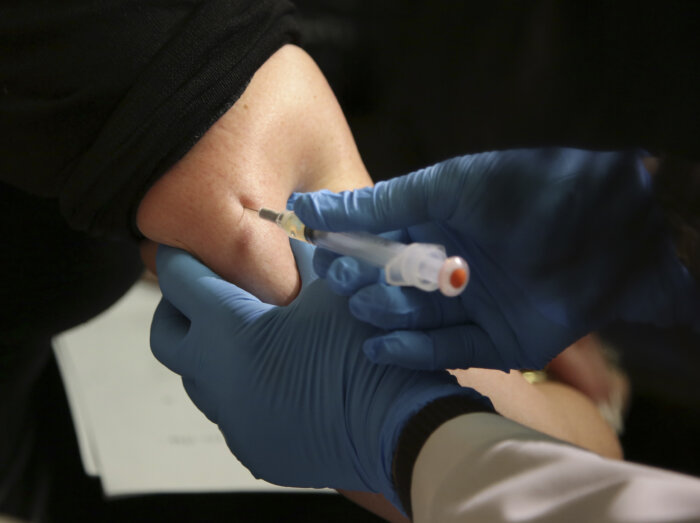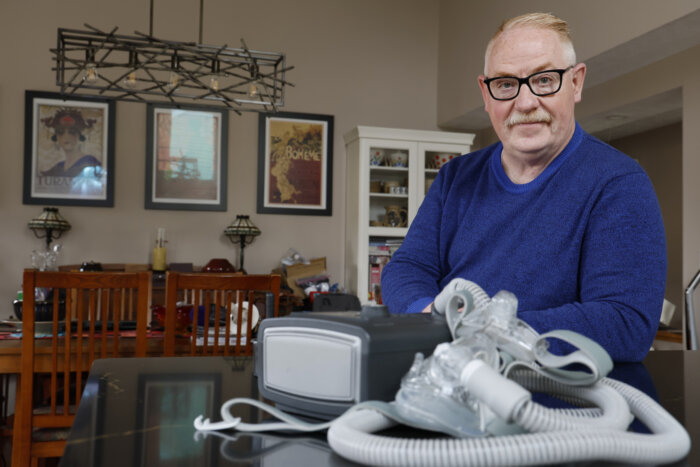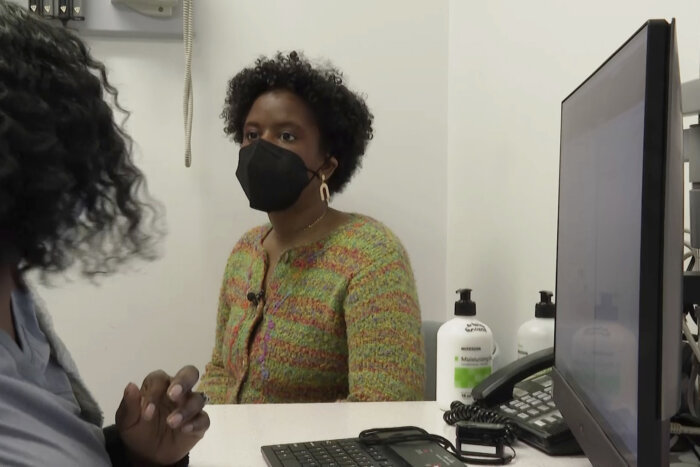By MATTHEW PERRONE AP Health Writer
Federal health advisers said Wednesday that a decades-old birth control pill should be sold without a prescription, paving the way for a likely U.S. approval of the first over-the-counter contraceptive medication.
The panel of FDA advisers voted unanimously in favor of drugmaker Perrigo’s request to sell its once-a-day medication on store shelves alongside eye drops and allergy pills. The recommendation came at the close of a two-day meeting focused on whether women could safely and effectively take the pill without professional supervision. A final FDA decision is expected this summer.
If the agency follows the nonbinding recommendation, Perrigo’s drug, Opill, would become the first contraceptive pill to be moved out from behind the pharmacy counter. The company said sales could begin late this year if OK’d.
The outside experts said they were mostly confident that women of all ages could use the drug appropriately without seeing a health provider first.
“In the balance between benefit and risk, we’d have a hard time justifying not taking this action,” said Maria Coyle, an Ohio State University pharmacist, who chaired the panel. “The drug is incredibly effective, and I think it will be effective in the over-the-counter realm just as it is in the prescription realm.”
The positive vote came despite numerous criticisms from FDA scientists about how Perrigo studied the drug, including questions about whether study participants were able to understand and follow labeling instructions.
“We have an application with many complicated issues and uncertainties, including questionable reliability,” FDA’s Dr. Pamela Horn told panelists on Tuesday.
But the panel largely set those concerns aside, emphasizing the benefits of providing more effective birth control — particularly to young people and lower-income groups — than what’s available over the counter now, like condoms and gels.
Most birth control pills used in the U.S. today contain a combination of progestin and estrogen. Opill is part of an older class of contraceptives that only contain progestin. They generally have fewer side effects and health risks but can be less effective if they’re not taken around the same time daily.
FDA’s decision won’t apply to other birth control pills although advocates hope that an approval decision might push other drugmakers to seek over-the-counter sales. Birth control pills are available without a prescription across much of South America, Asia and Africa.
Opill was first approved in the U.S. five decades ago based on data showing it was more than 90% effective in preventing pregnancy when taken daily. Even if the pill is approved for over the counter, it’s unclear how popular it might be. Opill has not been marketed in the U.S. since 2005.
Some women should not take it, particularly those with breast cancer, because of the risk that it could accelerate tumor growth. Women who have unusual vaginal bleeding are instructed to speak with a doctor before using it, because bleeding could indicate a serious health issue.
































